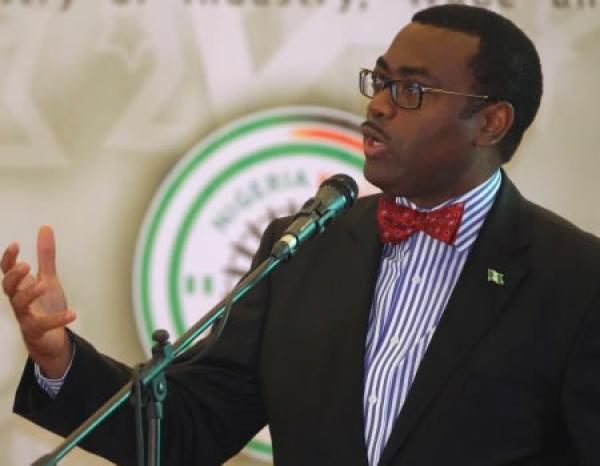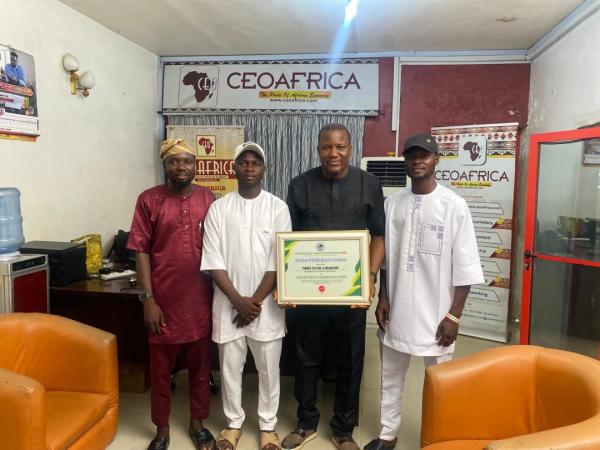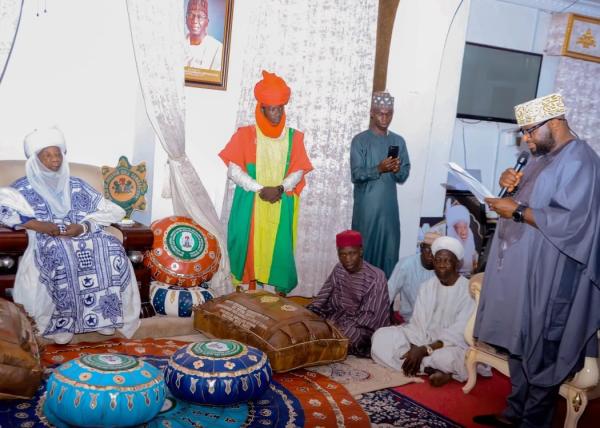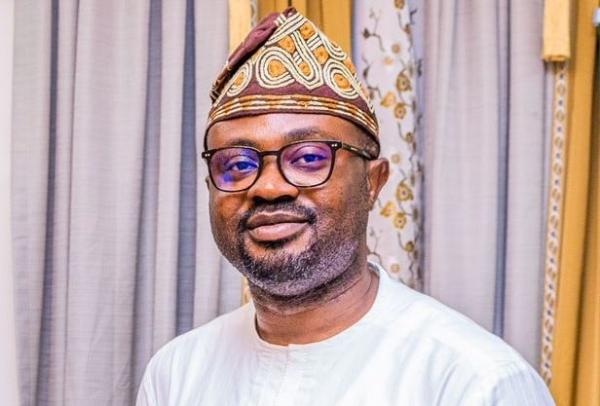
The African Development Bank (AfDB) has renewed its commitment to invest $25 billion toward stable energy systems adaptation in Africa.
The AfDB has also disclosed that it will no longer fund coal mining as a measure of supporting global efforts to ameliorate the debilitating effects of climate change.
Dr Akinwumi Adesina, President of the African Development Bank Group stated this at the ongoing 2022 Annual Meetings in Accra, Ghana with the theme: “Achieving climate resilience and a just energy transition for Africa.”
President Adesina said it was time for the continent to prosper.
“Our people deserve this. And so, they should have stable energy systems. We are committed to investing $25 billion for adaptation in Africa. But our efforts will not suffice on their own. At COP15, in Copenhagen, developed countries promised $100 billion a year. They must act now; it is time.
“We will no longer finance coal,” the President said, explaining that “this is the Bank’s adopted position, forming part of our policies in the fight against climate change.”
He pointed out that the other challenge facing the continent is climate change. “Climate change is a threat to the continent. Its effects are devastating. When I look at what happened in South Africa – where floods led to nearly 500 deaths and a lot of damage – or in Mozambique, Madagascar, or the Horn of Africa, land has been swallowed up,” Adesina said.
According to him, “Africa is suffering annual losses from the effects of climate change in the range of $7 billion to $15 billion and this figure will stand at $50 billion by 2040.
“It will, therefore, take $1.6 trillion between 2020 and 2030 to combat the effects of climate change in Africa.”
He, however, noted that the continent does not receive enough funding to cover its needs as African receives only 3 per cent of global climate funding.
“Also, renewable energy alone cannot meet Africa’s needs. We also need stable energy systems. Natural gas must remain a stable energy system in Africa,” he insisted.
The African Development Bank President thanked all the members of the press gathered at the Bank’s Annual Meetings.
“Thank you for carrying our institution’s actions to the eyes of the world. And with your pens, the Bank’s activities will be brought to all those who are not here, especially those voices for whom we work. We shall all have challenges, but we will never give up. I am proud of what we have accomplished together. We are working hard. And we will continue to make Africa proud,” said Dr Adesina.
The AfDB President outlined the Bank’s plans to address the looming food crisis threatening Africa as a result of the war between Ukraine and Russia.
“I’m optimistic. Africa will not experience a food crisis. We have the means to overcome this challenge!” Adesina said.
He was briefing journalists from 41 countries in Africa and around the world at a media breakfast held to mark the start of the African Development Bank Group’s Annual Meetings, being held in Accra from 23 to 27 May.
Africa needs only to produce its own food. It should not have to be begging for food. There is no dignity in begging for food,” he added.
The President explained all the efforts made and results achieved in terms of resilient agriculture in East Africa, thanks to the Bank, especially in Sudan and Ethiopia, which have been able to avoid importing wheat thanks to record production of 650,000 tonnes.
He highlighted the importance of the Technologies for African Agricultural Transformation (TAAT) programme for African producers’ resilience.
Dr Adesina pointed out that the Bank Group’s Board of Directors had on Friday approved the $1.5 billion African Emergency Food Production Facility, developed by the institution to address the food crisis looming over Africa due to the Russia-Ukraine conflict.
The facility will provide agricultural seeds to 20 million African producers, and the varieties include wheat, maize, rice and soybeans.
The objective, he said is to produce an additional 38 million tonnes of food and to generate $12 billion in value over the next two years.
“In agriculture, we know what we’re doing. Africa must be a solution for the world in respect of food, and so it shall be. Sixty-five per cent of African land is arable, and the use that Africa makes of this land will determine the future of the entire planet. I’m optimistic. Africa will not experience a food crisis,” Adesina said.





















